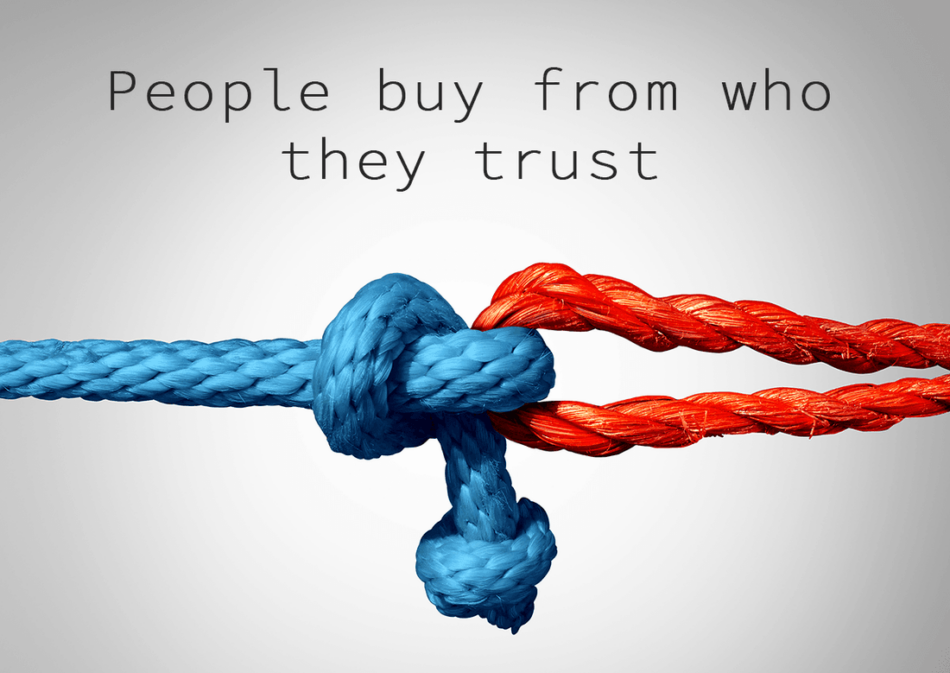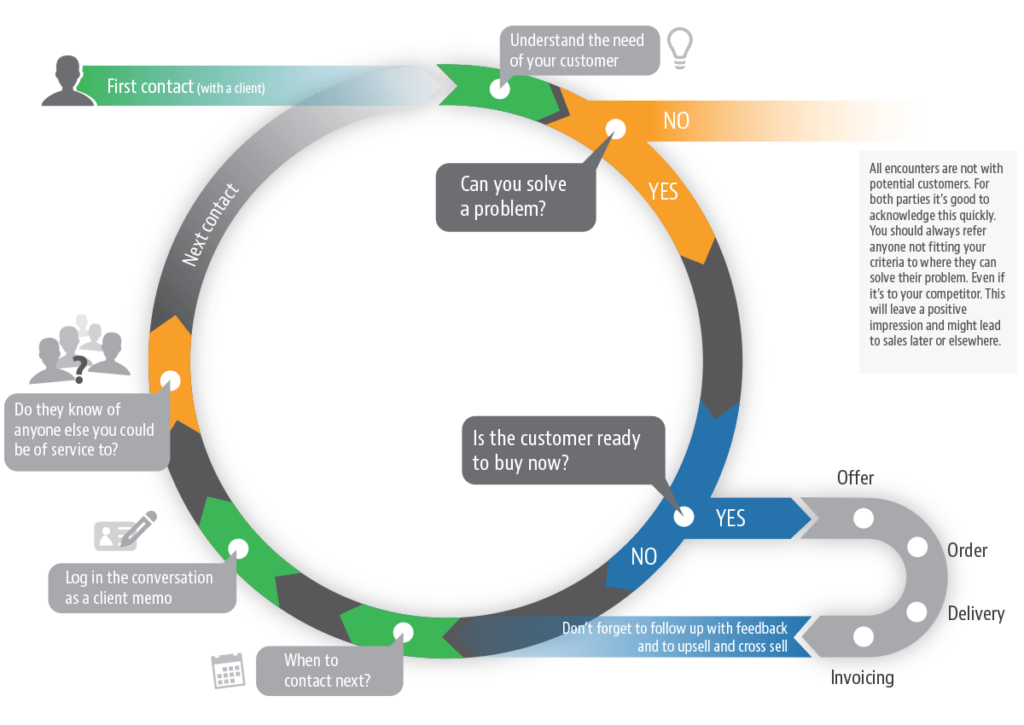Customer Relationships

How do you know how much your customers trust you? Surely they would not buy from you if they didn’t trust you enough. The more valuable and vital your product or service is for your customer, the more they need to trust you. Whenever the required level of trust is met, a purchase decision is made. This holds true for every purchase.
Trust is everything
How do you know how much your customers trust you? Surely they would not buy from you if they didn’t trust you enough.
The more valuable and vital your product or service is for your customer, the more they need to trust you. Whenever the required level of trust is met, a purchase decision is made. This holds true for every purchase.
Trust increases depending on how attractive your product/service and marketing promises are, but also how positive interaction with you is. And vice versa, the more inconvenience your customer feels about your product or service and the more broken promises you deliver the lower the level of trust.
This is what being an entrepreneur is in a nutshell – to gain the required level of trust with as many clients as possible as often as possible and to test that level of trust regularly.
How to gain trust?
The good news is that people tend to be quite trustful. But you need to ensure that you can meet the expectations your customers have about you. Marketing is basically the act of setting expectations and making statements about yourself – expectations that you need to meet and statements you have to prove (right). When a customer approaches you, your trustworthiness is being tested.
Well-planned customer relationship management (CRM) helps you to meet your every customer as an individual – it helps you to identify the customer’s needs, understand their situation and recognize how you can help. By saving information about every encounter with your customers ensures you that you can keep your promises and meet your customer’s needs. By having this information easily available to you, you won’t forget things agreed upon with your customers – for example sending an offer as you promised.
To put it simply: Every time you are in touch with your customers, write down information about it in your CRM tool. Not because this guide says so, but because your company’s reputation depends on it.
Routines for managing your customer relationships

A customer relationship is like any other close relationship. Basically the same rules apply in a customer relationship as in a friendship. When you’re in touch with your customer often and with a positive spirit, you’re remembered, trustworthy and easily accessible.
Create yourself a customer relationship management routine based on that principle. Be in touch with your customers as often as possible. The following three things should inspire and motivate you to contact your customers more often:
1. The value of the customer for your business
Keep close contact to customers vital to your bottom line through sales margin and new referral clients.
2. The nature of your relationship
Contact a customer more often if they are new, non-attached or you believe are looking for alternatives.
3. If they don’t remember you
Be remembered. Stay in contact if your customer does not otherwise think of you or use your product on a regular basis.
To make sure you actively contact the right customers, keep control of all your client relationships. You can achieve this by noting down to your calendar when to next contact the customer.